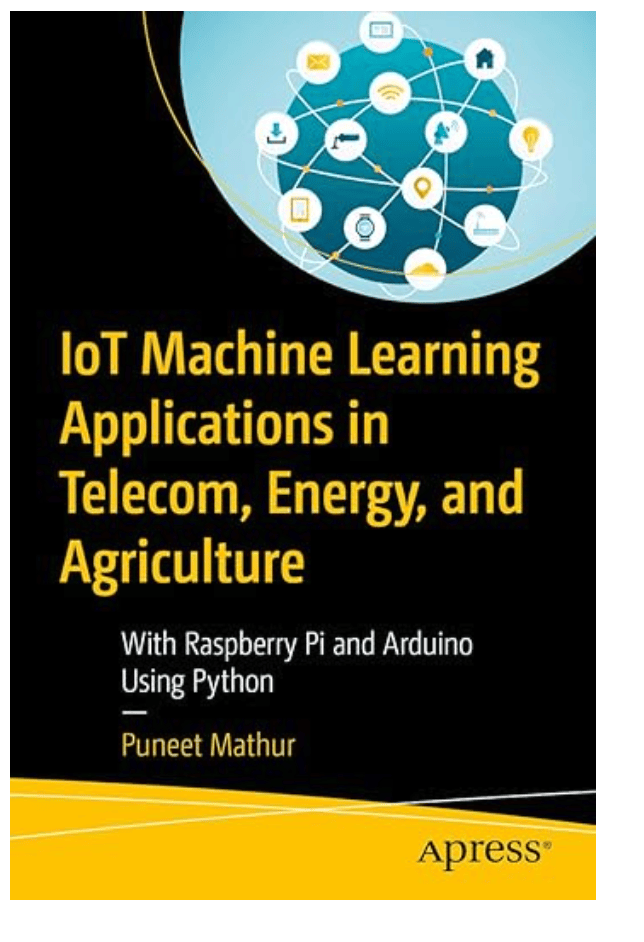Blog
Recent Posts
PiCAN CAN-Bus FD Board with Real-Time Clock for Raspberry Pi – Automotive & IoT Applications
Posted by on
 The PiCAN CAN-Bus FD Board by Copperhill Technologies elevates the Raspberry Pi into a full-featured, high-performance CAN FD node. Engineered around the Microchip MCP2517FD CAN-FD controller and MCP2562FD transceiver, it adheres to the ISO 11898-1:2015 standard. With support for arbitration bit rates up to 1 Mbps and data-phase rates reaching 8 Mbps, it empowers modern applications demanding efficiency, speed, and reliability.
The PiCAN CAN-Bus FD Board by Copperhill Technologies elevates the Raspberry Pi into a full-featured, high-performance CAN FD node. Engineered around the Microchip MCP2517FD CAN-FD controller and MCP2562FD transceiver, it adheres to the ISO 11898-1:2015 standard. With support for arbitration bit rates up to 1 Mbps and data-phase rates reaching 8 Mbps, it empowers modern applications demanding efficiency, speed, and reliability.
Key Technical Features
-
CAN FD Capability: Supports both classic CAN 2.0B and the flexible, higher-speed CAN FD. Payload size increases from 8 to 64 bytes per frame, allowing faster, richer data transmission.
-
High-Performance Controllers:
-
MCP2517FD: SPI-based CAN FD controller offering hardware-based bit timing, error filtering, time stamping, interrupt handling, and buffers for low CPU overhead.
-
MCP2562FD: Robust, high-speed transceiver compatible with automotive (12 V/24 V) systems; features ESD protection and EMI resilience.
-
-
Real-Time Clock (RTC): Integrated PCF8523 RTC retains accurate timekeeping with battery backup (coin cell not included), facilitating tasks like data logging, timestamping, and alarms.
-
Power Flexibility (SMPS version): Versions are available with a 5 V/1 A or 5 V/3 A switch-mode power supply—powering both the PiCAN board and Raspberry Pi via DB9 or screw terminal, with reverse-polarity protection and wide voltage input (7 V–24 V or higher).
-
Connectivity & Installation:
-
CAN access via DB9 connector or 4-way screw terminal, with solder-configurable OBD-II pinout and jumper-selectable 120 Ω termination.
-
Fits Raspberry Pi HAT standards, including four mounting holes, LED indicators, optional serial LCD compatibility, and an interrupt output on GPIO25 for event-driven integration.
-
-
Seamless Software Integration: Fully compatible with Linux-native SocketCAN support. Once SPI is enabled, the interface appears as
can0in the OS, enabling development via C or Python using standard SocketCAN libraries.
Advantages of CAN FD + SocketCAN on Raspberry Pi
-
Modern CAN Flexibility and Performance
CAN FD’s substantial payload boost and higher data rates make it ideal for today's data-intensive automotive and industrial systems, while maintaining backward compatibility with standard CAN in arbitration. -
Reliable and Robust Communication
CAN FD includes advanced error detection, fault isolation, and automatic retransmission—critical in noisy automotive environments. -
Linux Ecosystem + SocketCAN
Raspberry Pi running Linux can directly utilize SocketCAN, turning CAN communications into network-like interfaces (can0) for simplicity and powerful programming flexibility. -
IoT & Cloud Integration
With built-in Ethernet and Wi-Fi, the Raspberry Pi can seamlessly connect CAN FD data to cloud systems, IoT dashboards, and remote services—perfect for fleet telemetry, diagnostics, or predictive maintenance.
Suggested Automotive Industry Applications
-
Rapid Prototyping & R&D: Ideal for developing next-generation ECUs, in-vehicle networks, or testing CAN FD-based designs.
-
Diagnostics & Test Equipment: Create modular diagnostic tools capable of interpreting both classic CAN and CAN FD vehicle data.
-
Fleet Monitoring & Telemetry: Leverage CAN FD throughput to capture sensor-rich data and transmit it via Wi-Fi or Ethernet to backend systems.
-
Data Logging & Timestamped Recording: Use the RTC for precise timestamps in crash logging, sensor records, or compliance diagnostics.
-
Aftermarket Systems Integration: Retrofitting advanced vehicle systems into older platforms while bridging different CAN standards seamlessly.
Final Thoughts
The PiCAN CAN-Bus FD Board with Real-Time Clock delivers a compelling mix of high-speed CAN FD communication, hardware-level performance, and flexibility backed by the Raspberry Pi ecosystem. Its integration with Linux and SocketCAN, combined with onboard RTC and optional SMPS, makes it not just a hardware add-on but a fully capable, connected CAN development platform.
Whether for automotive engineering, IoT development, or system integration, this board offers a streamlined path to prototyping, testing, and deploying advanced CAN-based applications—while taking full advantage of the Raspberry Pi’s processing power, networking capabilities, and versatility.
References
- Copperhill Technologies – PiCAN CAN-Bus FD Board with Real-Time Clock for Raspberry Pi, product specifications and documentation
- Microchip Technology – MCP2517FD CAN FD Controller Datasheet
- Microchip Technology – MCP2562FD CAN FD Transceiver Datasheet
- ISO 11898-1:2015 – Road vehicles — Controller area network (CAN) — Part 1: Data link layer and physical signalling
Apply machine learning with the Internet of Things (IoT) in agriculture, telecommunications, and energy through real-world case studies. This book begins by guiding you through the setup of both software and hardware components, including a variety of sensors, to implement hands-on projects in Python.
The case studies start with analyzing call-drop issues in the telecommunications industry using IoT, move on to performing energy audits and predictive maintenance for industrial machinery, and conclude with techniques for predicting cash crop failures in agribusiness.
The final section addresses common pitfalls to avoid when integrating machine learning with IoT in these domains.
By the end of this book, you will understand how IoT and machine learning are applied in these industries and have practical case studies to build upon. You’ll also be able to develop enterprise-scale applications using the Raspberry Pi 3 B+ and Arduino Mega 2560 with Python. More information...
 Loading... Please wait...
Loading... Please wait...

